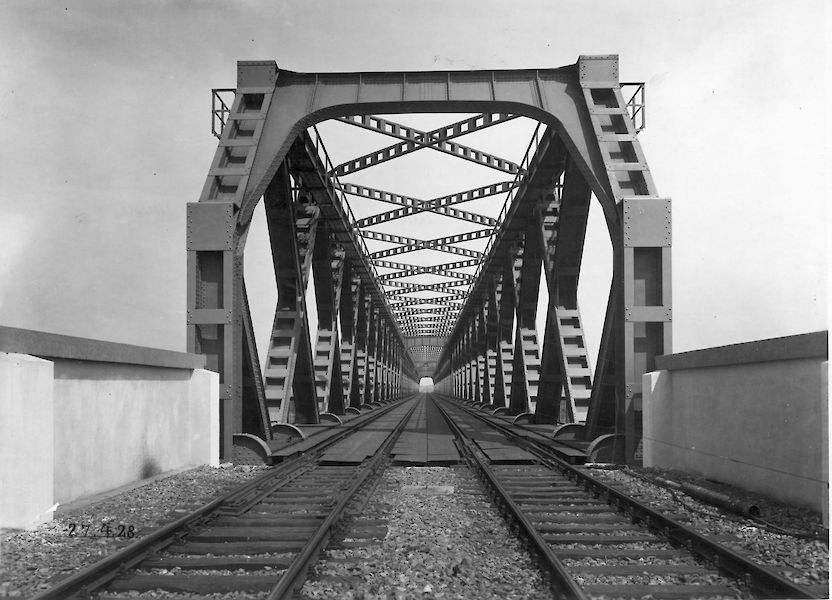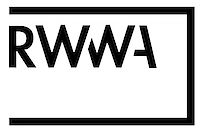
The RWWA is the rescue centre for historically significant written records from businesses in the Rhineland. These written records are secured and indexed by the RWWA and made available for research. Besides documents, images of all kinds – photographs, glass negatives, slides etc. – are archived. Photographs make up a significant portion of the heritage delivered by the RWWA’s holdings, which number approximately 600 in total. Photos and glass negatives of factory halls and workshops, machines and technical facilities – some of them of gigantic dimensions – testify to the practical side of economic life from the Industrial Revolution to the present day.
Moreover, the archive provides advice and support to companies in building up and maintaining in-house archives, as well as in all matters concerning corporate history. RWWA is at the disposal of trade and industry associations and chambers for consultation on historical matters.The RWWA is also a scientific research institute. It conducts its own research into the history of chambers, associations, enterprises and entrepreneurs and nurtures relations between science and business.
The RWWA has an extensive stock of photographs, approx. 300,000 exhibits from the mid-19th century to the present day, including a collection of approximately 25,000 glass negatives, and single daguerreotypes in addition. The stock, which documents the economic and industrial history of the Rhineland, also contains a number of shots by well-known photographers, such as Ruth Hallensleben for example. Most shots originate from site photographers or contracted photographers who are not credited by name. Well-known companies, such as Gutehoffnungshütte Oberhausen, the Stollwerck chocolate factory, the cable manufacturer Felten & Guilleaume, the engine factory Deutz AG, and others, have entrusted their archives to the RWWA. Photographs of numerous medium-sized businesses are handed down in addition.
More Information
Archives & Collections
Photography has a rich and varied history in the Cologne area. This is evidenced by the numerous photo collections in art museums and photographic archives, ranging from classical picture archives to private and corporate archives. In the Artist Meets Archive programme, the hidden treasures within these institutions are revived.
The collaboration between the archives and participating artists results in exhibition projects that are presented as part of the Photoszene Festival. Here, the archive becomes the site of an artistic debate and focuses on local photographic history as well as casting a global perspective on the medium of photography.











